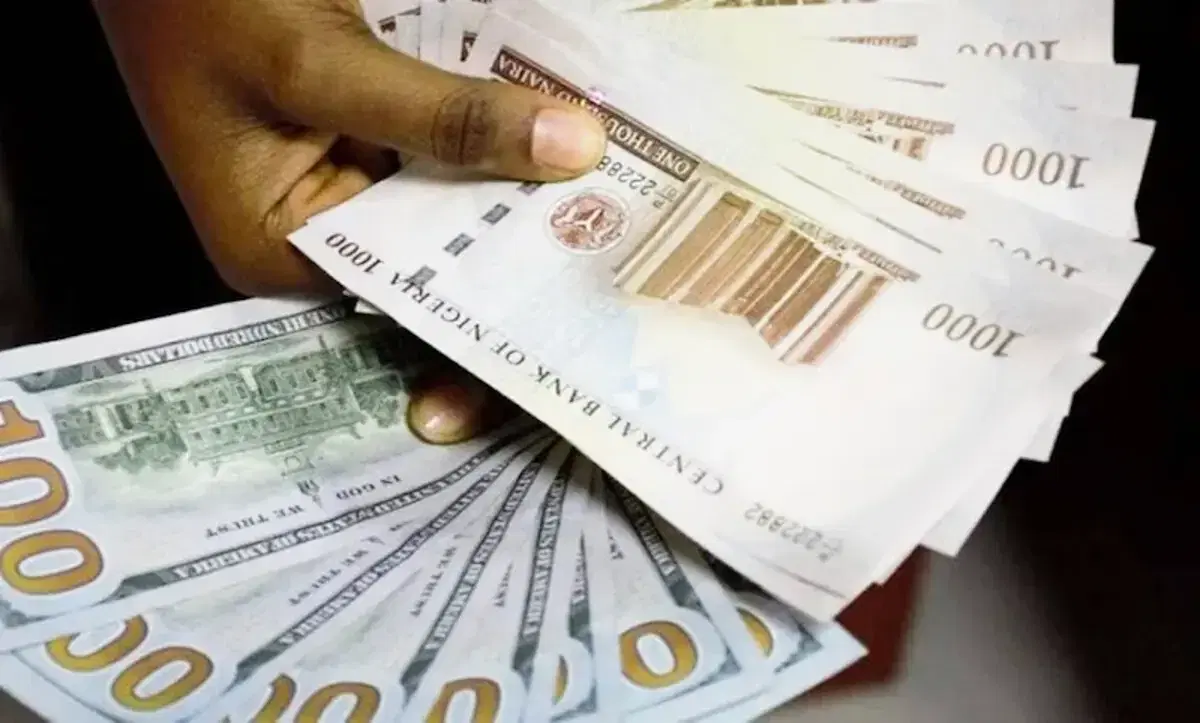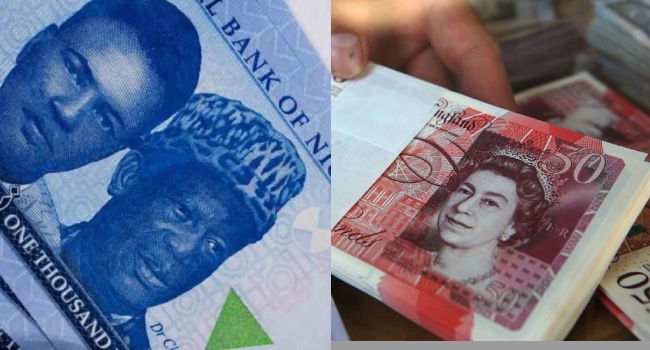The Nigerian capital market began the week on a turbulent note as the nation’s equities experienced a significant dip, resulting in an estimated N246 billion loss in market value. This followed global reactions to former U.S. President Donald Trump’s recent statement labeling Nigeria as a “country of concern”, citing ongoing religious tensions and security challenges.
The remarks — which sparked international debate — triggered immediate ripples across financial markets, particularly affecting investor sentiment and foreign portfolio confidence. Although analysts insist that the country’s economic fundamentals remain intact, the short-term reaction has been marked by caution, profit-taking, and capital rebalancing.
Market Performance: How the Dip Happened
At the close of the latest trading session, the Nigerian Exchange (NGX) All-Share Index reduced by 0.25%, reflecting a decline from approximately 154,126.46 basis points to 153,739.11 basis points.
The total market capitalisation simultaneously dropped from about N97.83 trillion to N97.58 trillion, translating to the N246 billion wipe-out witnessed within hours.
Market watchers noted that while geopolitical tensions contributed to the reaction, the losses were also tied to profit-taking activities in select fundamentally strong stocks—an occasional occurrence in a bullish environment where investors temporarily secure gains.
Understanding the Trigger: Trump’s Remarks and Global Perception
Donald Trump’s comments accused Nigeria of failing to adequately address rising religious-based attacks and social instability. He warned that persistent insecurity might attract diplomatic or financial consequences from the United States.
This statement quickly caught international attention due to the historical weight of U.S. influence on global investment flows. As a result, cautious investors — particularly foreign institutional players — opted to limit exposure, hedge risk, or temporarily withdraw capital pending further clarity.
The ripple effect extended beyond equities. Nigeria’s Eurobonds reportedly experienced selling pressure across maturity points, placing them among the weak performers in emerging market debt instruments.
Analyst Views: Emotional Reaction or Real Risk?
Financial experts have urged calm, suggesting that the reaction is largely sentiment-driven rather than a structural reflection of Nigeria’s economic outlook.
According to investment analysts:
- The dip is likely short-lived, especially if Nigeria engages diplomatic channels to address the label.
- The country’s long-standing strategic economic relationship with the United States — particularly in oil, trade, defense, and investment — creates strong incentives for resolution.
- Market fundamentals such as corporate earnings, demographic demand strength, and industrial growth capacity have not deteriorated.
In essence, while investor unease is understandable, financial analysts recommend evaluating the broader context before making drastic portfolio adjustments.
Impact on Investors and the Economy
- Short-term investors may experience temporary value declines.
- Long-term investors could see the present situation as a strategic entry opportunity, especially in undervalued blue-chip sectors.
- The government faces pressure to reassure global markets, restore investor confidence, and reinforce stability messaging.
If mishandled, prolonged negative sentiment could affect:
- Foreign direct investment inflows,
- Borrowing costs for external loans,
- Currency stability and dollar liquidity,
- And general private investment momentum.
What the Government Must Do Next
To prevent further capital flight, experts recommend that Nigerian authorities:
- Address the diplomatic implications swiftly through official engagement.
- Strengthen communication to international investors, emphasizing ongoing reforms and security efforts.
- Accelerate actionable policy measures that demonstrate stability and governance improvements.
- Reassure local investors through consistent market regulation and macroeconomic support signals.
Outlook: Will the Market Recover?
The trajectory of the Nigerian stock market in the coming weeks will depend on:
- Diplomatic developments between the U.S. and Nigeria,
- Local policy responses to national security concerns,
- Global financial market conditions, particularly in emerging economies.
However, if the situation stabilizes and clarity emerges, analysts expect a rebound, especially in banking, consumer goods, telecommunications, ICT, and industrial sectors that maintain strong earnings and expansion prospects.



